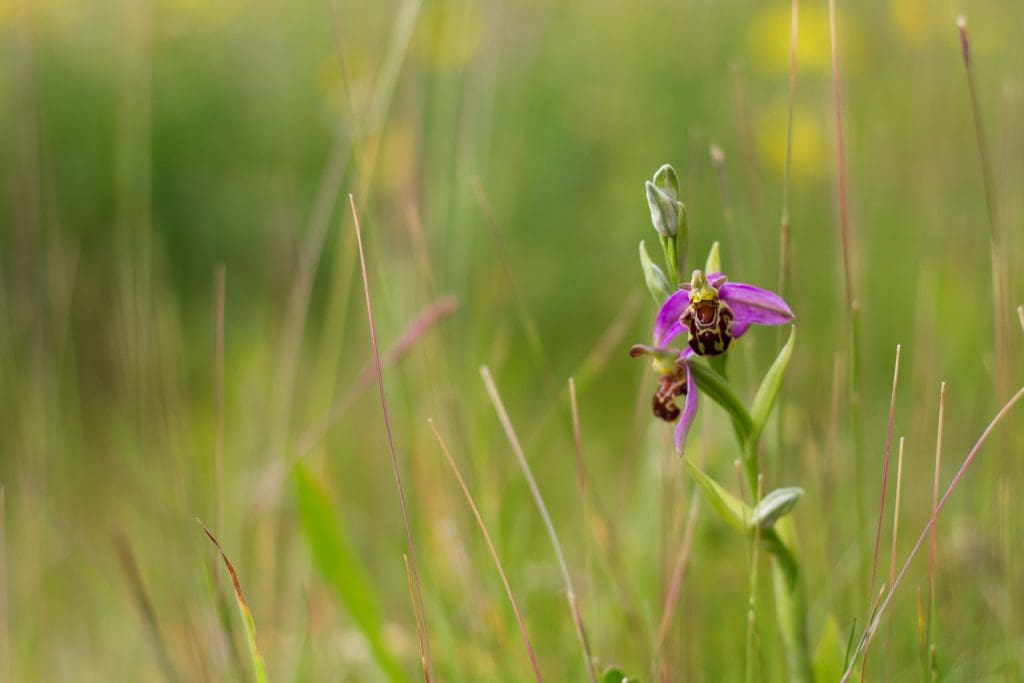A biodiversity protect is boosting the protection of wildflowers across Denbighshire.
Since 2020 Denbighshire County Council’s Wildflower Meadows Project has recorded 340 different plant species at sites across the county.
This year’s season includes over a 100 managed wildflower meadows that have contributed to improved species richness across Denbighshire. These make up nearly 35 football pitches worth of native wildflower habitat.
The project began after the Council declared a Climate and Ecological Emergency in 2019 and committed to seeking to become a Net Carbon Zero and Ecologically Positive Council by 2030.
Across the meadows the maximum number of wildflower species recorded on any site this season reached 55.
The top five wildflower species recorded in Denbighshire during 2022 were ribwort plantain, creeping buttercup, white clover, daisy and dandelion.
This season the biodiversity team have also discovered new wildflower species setting up home at meadows looked after by the project.
Chicory and bee orchids have been discovered at sites in the Denbigh area and over in Ruthin, pyramidal orchid and musk mallow have also been found.
“We are really grateful to the Biodiversity team and the Council’s Streetscene staff, along with the many volunteers and local members who have all come together to make this a successful season for the Wildflower Meadows Project.
Cllr Barry Mellor, Lead Member for Environment and Transport, said: “These meadows are playing an extremely important part in safeguarding and improving local biodiversity across Denbighshire and also supporting the preservation of our native flowers and insect population.
“I am looking forward to seeing this project continue to grow thanks to the impact of our Tree Nursery at St Asaph which has grown nearly 8,000 wildflower plants ready to be distributed across meadows to increase the diversity of species and colour on our sites.”
All of the Council’s wildflower sites are managed in line with Plantlife’s Managing Grassland Road Verges guidelines which sees the grass cutting at these sites prohibited between March and August each year, giving wildflowers enough time to grow, flower, and set seed.
Each site is then cut after August and cuttings collected to reduce soil fertility and provide the wildflowers with the best conditions possible.
This project has also been funded by Welsh Government, through the Local Nature Partnerships Cymru ENRaW project.

